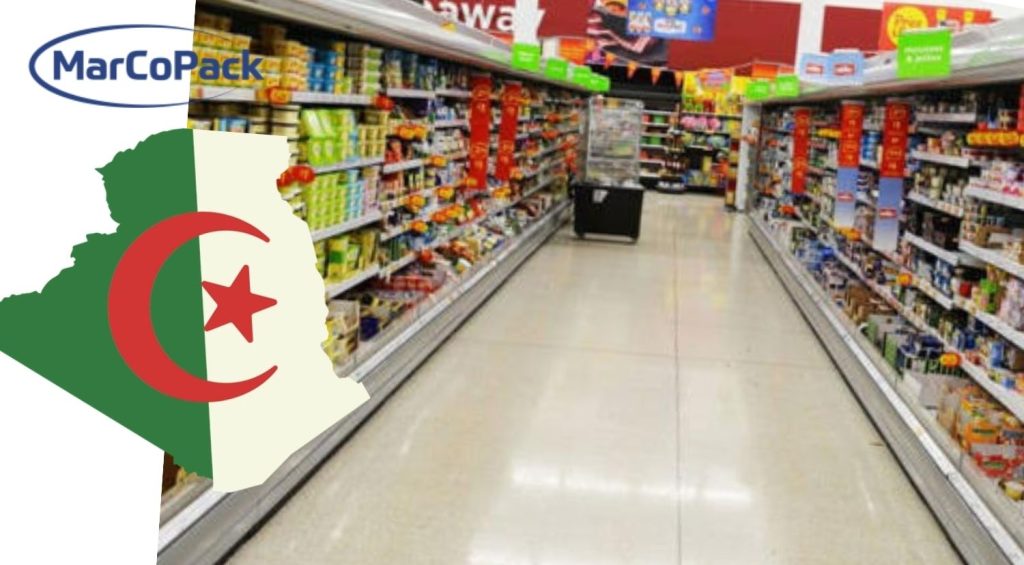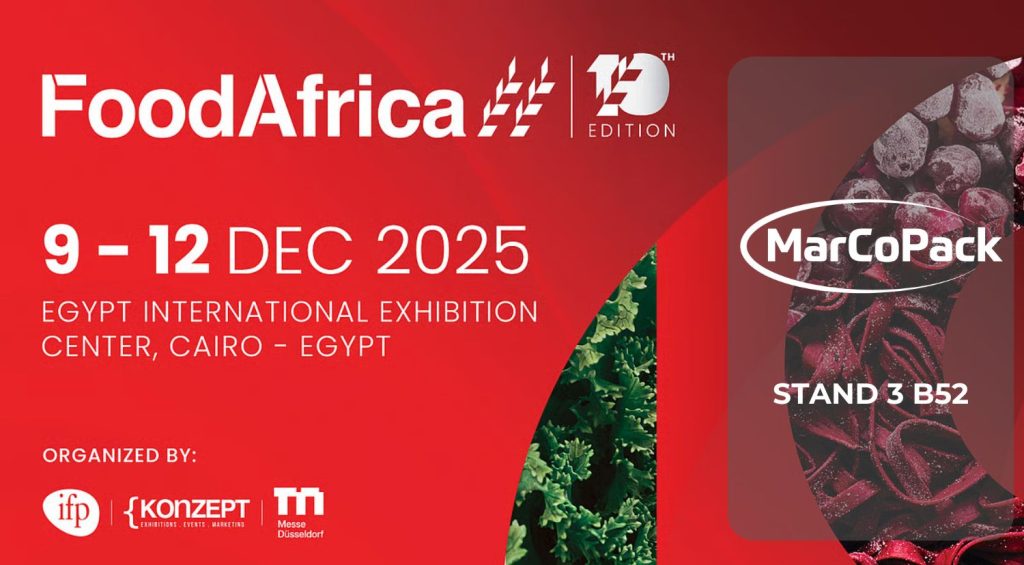Since July 2025, Switzerland has taken a revolutionary step in the field of food labeling: all products of animal origin must clearly indicate on their label whether painful practices without anesthesia were carried out in their production process. This applies to meat, milk, eggs, foie gras, and even less common products such as frogs’ legs.
This measure, which goes beyond a simple ethical gesture, represents a profound change in the rules of the game for food operators. Not only does it impose new requirements for exporters wishing to access the Swiss market, but it also sends a clear message to the global industry: transparency on animal welfare is becoming a decisive commercial tool.
What do the new Swiss regulations require?
According to the new Swiss provisions, any food containing ingredients of animal origin must inform, by means of explicit labeling, whether pain-causing procedures were performed during its production without anesthesia. These include:
- Castration of piglets
- Calf dehorning
- Cutting of tails and teeth in pigs
- Beak trimming in birds
- Production of foie gras by force-feeding
- Limb amputation in frogs for consumption
These practices, although legal in many countries, are increasingly being questioned by both animal welfare organizations and younger consumers, especially those belonging to the millennial and Gen Z generations, who increasingly value the ethics behind the products they consume.
Implications for exporters: obligation or competitive advantage?
For any food company exporting to Switzerland, be it fresh meat, dairy products, eggs, processed foods or ready meals, compliance with these regulations is mandatory.
Products must specify, by a visible mention on the label, whether their origin involves mutilation without anesthesia. Failure to provide this information may result in penalties or withdrawal from the Swiss market.
But beyond legal compliance, this Swiss standard represents a strategic opportunity for those who want to anticipate a trend that aims to consolidate internationally. Including this information in a voluntary and transparent manner in other markets can be a strategic opportunity for those who want to anticipate a trend that is aiming to consolidate at the international level:
- Improve brand perception among demanding consumers.
- Differentiate the product in a shelf saturated with labels that often do not provide meaningful information.
- Prevent future regulatory hurdles if the EU or other countries adopt similar regulations.
A global trend in the making?
The food industry has already experienced transformations brought about by similar labels. The case of egg labeling in Europe (0-1-2-3 system) profoundly changed purchasing behavior, drastically reducing the sale of eggs from caged hens. In Switzerland, when non-free-range labeling was introduced, imports of such eggs dropped to practically zero.
A recent study published by the University of Zurich showed that 75 % of Swiss consumers would be willing to pay a premium for certified products with better animal care. Even an increase of up to 25 % in the average price of products such as eggs or milk under ethical labels has been documented.
How to adapt? Recommendations for food companies
If you are responsible for quality, production or general management in an exporting company, here are some strategic considerations:
1. Review current practices on supplier farms
Identify whether your products or raw materials include animals subjected to painful procedures without anesthesia. This point is key to determine whether labeling will be mandatory or not.
2. Align with your logistics and business partners.
Check whether your distributors or importers in Switzerland are aware of this new requirement. A miscommunication can result in loss of returns or penalties.
3. Updating labeling and traceability systems.
Consider adapting labeling systems to incorporate this new information. If you are working with multiple markets, you can opt for differentiated versions of the labeling or include multilingual mentions according to the destination.
4. Evaluate the opportunity to certify respectful practices.
Certifications such as “animal welfare”, “freedom from mutilation” or “responsible production” can complement this effort and enhance the image of your product.
5. Train the communication and sales team
Take advantage of this novelty as a sales argument to B2B buyers (department stores, restaurants, catering, horeca, etc.) or even in direct-to-consumer campaigns.
Although at the moment this regulation only applies in Switzerland, everything indicates that it could become the new global standard for animal production. Consumer trends, political pressure in the EU and the sustainability strategy of large food chains point in this direction.
Therefore, incorporating this transparency in labeling from now on not only ensures access to the Swiss market, but also positions your company as a leader in ethics, sustainability and regulatory compliance.
Is your company prepared for the new ethical consumer?
At MarCoPack we design and manufacture labeling machinery adaptable to regulations such as the Swiss one, allowing you to incorporate detailed information on animal welfare accurately, efficiently and according to market requirements. We help you adapt your production line to comply with regulations and highlight your ethical commitment to distributors and consumers. Contact us!

Alejandro Serrano Romero
Export Executive MARCOPACK





